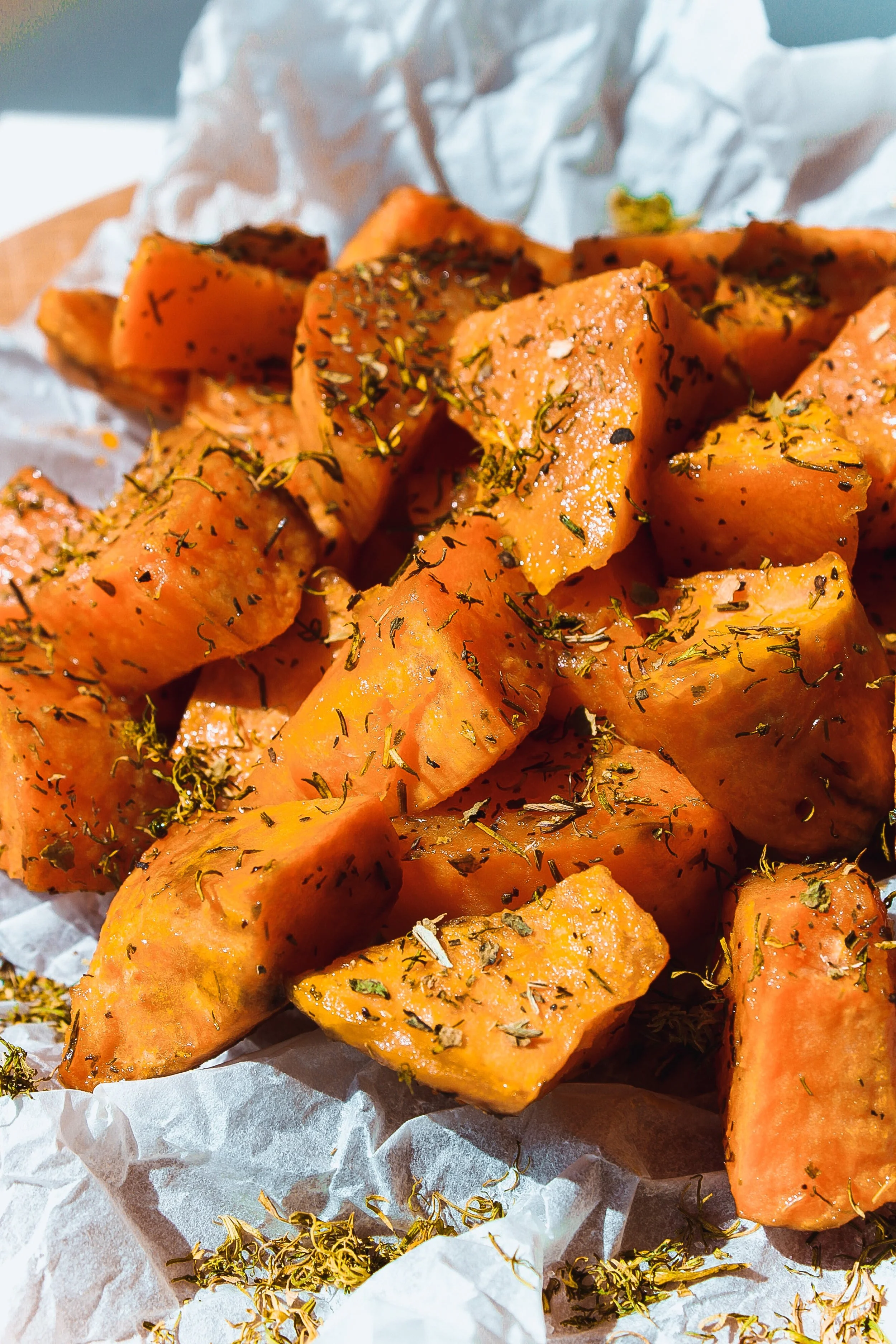Immune Boosting Foods for Fall
There is something fresh, new and exciting about the arrival of September. Whether it’s starting at a new school, a new project at work, or just a return to routine, the arrival of autumn is like a new year for many people.
However, with the excitement of this new season comes colder weather and more time indoors. While these changes often lead to an increase in illness, we have more control over our health than we think. The foods we eat can either support or hinder our immune system’s efforts. Let’s take a look at how we can help ourselves be the ones to stay healthy this season…
Ditch the Sugar
We all love the taste of sugar! Consuming it stimulates our brain’s pleasure centres so we want to consume more. From an evolutionary perspective, this was important for survival, however, today, the abundant availability of sugar results in overconsumption and an overwhelming list of negative health effects, including reduced immunity.
Excess sugar consumption is one of the most damaging to our immune system as high glucose levels inhibit vitamin C’s ability to promote healthy immune function. And, sugar has also been shown to reduce white blood cell functioning by over 50% for more than 5 hours.
Fermented Foods
Adding fermented foods into the diet has many benefits, including boosting immune function. Fermented foods work to provide the body with beneficial bacteria that support our immune cell’s ability to attack unwanted invaders. And, adding these foods to the diet is easy and delicious! Ideas include yogurt for breakfast, miso stirred into a lunchtime soup and fermented carrots as a condiment with dinner.
Vitamin D
As we spend more time indoors and are covered in clothing the winter months, it is very difficult to get adequate amounts of vitamin D from exposure to the sun. This nutrient is important in helping to keep us from getting sick, or to fight off illness faster. A 4oz portion of wild salmon is an excellent source of vitamin D and a tasty addition to your meal plan.
Garlic
The active component in garlic responsible for its immune enhancing effects is the sulfur compound allicin. Allicin has anti-bacterial and anti-viral properties, and have significant benefits in reducing the incidence of colds. The active properties are best absorbed when garlic is eaten raw, so incorporate garlic into vegetable dips such as pesto (recipe here) for a great immune strengthening snack.
Beta-Carotene
Beta-carotene is a source of vitamin A and is a strong anti-oxidant that is responsible for enhancing immune response. You can find carotenes in colourful vegetables such as sweet potato, carrots, and dark, leafy greens. These nutrient dense foods are easy to incorporate into meal plans to make up appetizing salads, side dishes and on the go snacks.


